Since the dawn of time—well, that maybe a slight exaggeration, but let's roll with it—sly entrepreneurs have been swindling the general public with inferior products for the sake of saving a few cents. Nothing is sacred when it comes to saving money: caviar, cheese, or even baby formula. Hell, there's even an entire book dedicated to the history of food swindling.
But this one might just be the last straw for me, guys: Did you know that the soy sauce packets with your General Tso's chicken... might not be soy sauce at all?!
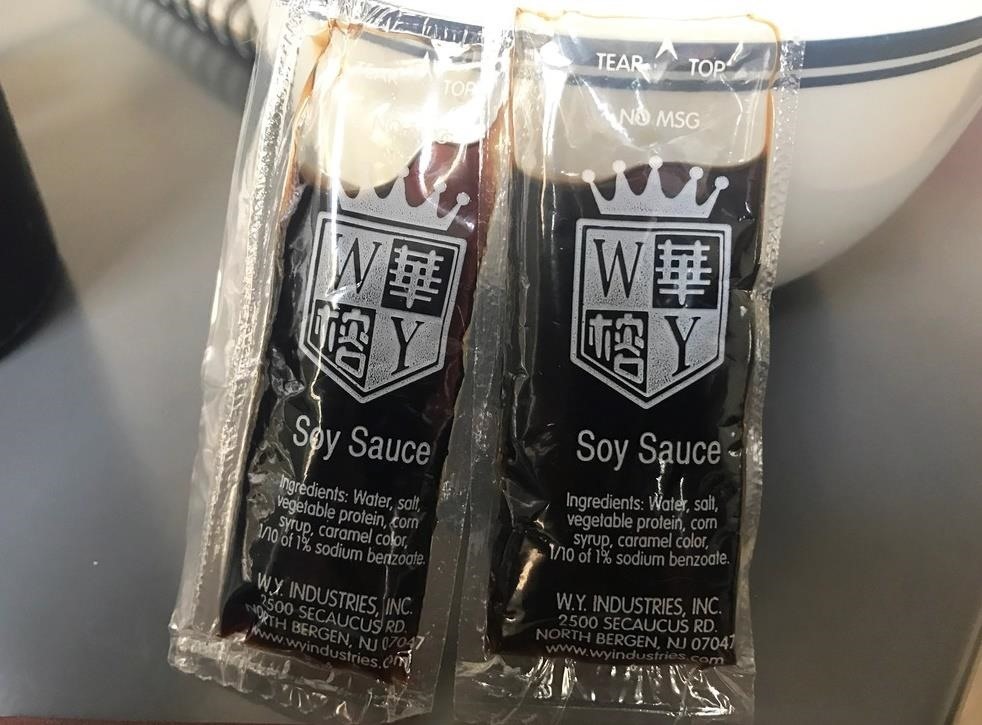
Is nothing sacred anymore?
Say It Ain't So, Joe
It's sad but true: Many soy sauce packets included with Chinese takeout nowadays are imposter sauces—'vegetable protein' with 'caramel' food coloring. In order to create the flavor associated with soy sauce, vegetables (from cereals like corn or wheat to legumes) are boiled in hydrochloric acid. The resulting vegetable proteins contain, among other things, glutamic acid—the same component responsible for the umami or savory flavor of naturally-brewed soy sauce.
The worst part? Even though these packets say that they're soy sauce, they're clearly not. And there's no legal precedent to ensure that the labels aren't lying to you—at least, not unless you're in Japan (where they take soy sauce quite seriously).
So if you want to make sure you're eating the real stuff, you can't go by the label alone; you have to check the ingredients. Real soy sauce will contain soybeans and none of that vegetable protein vagueness.

Why the Deception?
Well, just like everything else, it all comes down to money: the truth is, it's way cheaper than real soy sauce. The fake stuff uses both the cheapest ingredients and it takes a fraction of the time to make, compared to real soy sauce—3 days to manufacture as opposed to 3 months of brewing and maturing. The result? 200 "Soy" sauce packets sell for $0.06/each, whereas 200 real soy sauce packets sell for $0.08/each. That may sound like a negligible amount at first, but that adds up when you're tossing 2 or more at a time in every takeout order.

Does It Really Matter?
Real talk, though: Since both fake and real sauces contain glutamic acid, they still achieve the same purpose—to give your food a delicious burst of salty, savory goodness. So, in the end, is it really that big of a deal that you've been using the imposter sauce this entire time? That's up to you and your level of comfort when it comes to manufactured foods.
If you're on the "my body is a temple and only natural, organic goods may enter" side of the scale, then you'll probably want to start reading those labels ASAP. If you're like me, however, and only pause momentarily to make sure the food is edible... it may be shocking news to you, but it's not going to change your habits. At the very least, it'll be a fun fact you can share with your (possibly horrified) friends the next time you nosh on some beef and broccoli together.
What do you think about this deception? Let us know how you really feel in the comments below.
More Interesting Food Facts:
Just updated your iPhone? You'll find new emoji, enhanced security, podcast transcripts, Apple Cash virtual numbers, and other useful features. There are even new additions hidden within Safari. Find out what's new and changed on your iPhone with the iOS 17.4 update.
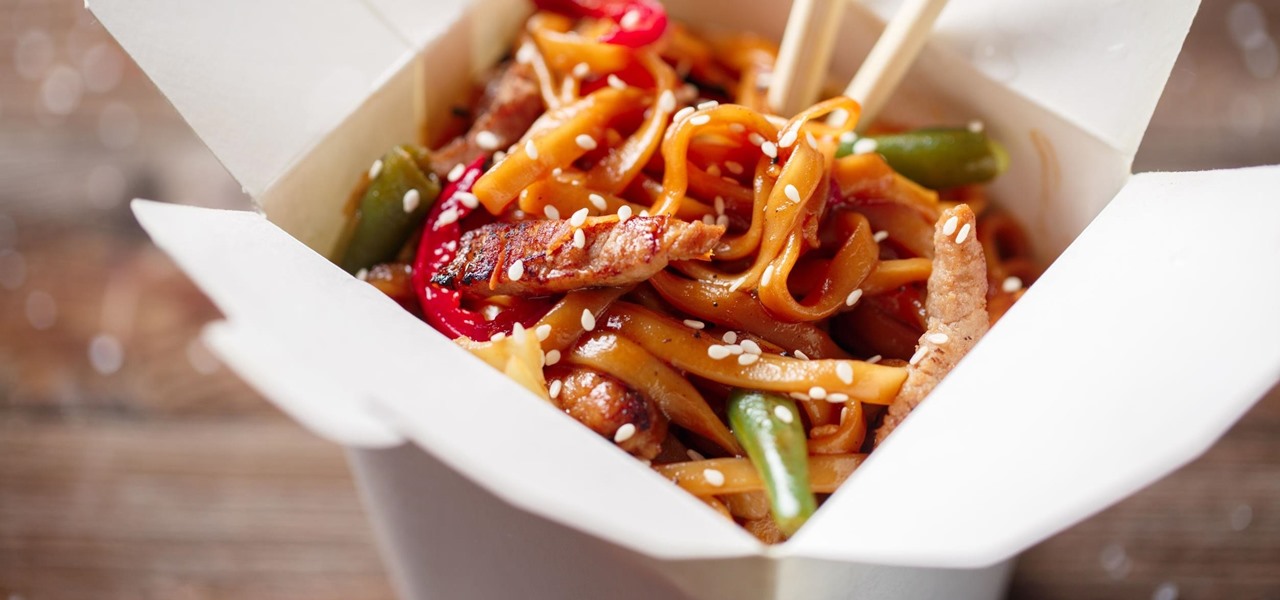



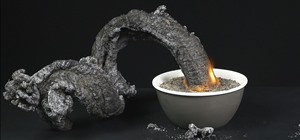
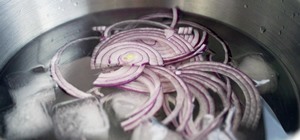
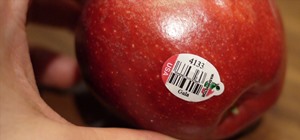







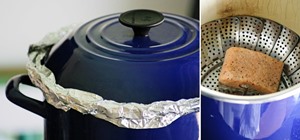



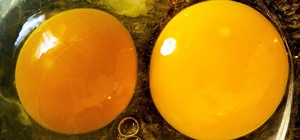




1 Comment
Hydroly-soy has its place, in my reckoning -- and no, it's not "down the nearest kitchen sink's drain." I find that it tastes mighty good on plain old white rice, as an addition to some flavors of cheap instant noodles (as if those needed MORE salt, right?), and adding a little umami and salt to things I cook that have much more prominent flavors from other ingredients.
However, I'll always prefer a naturally-brewed sauce for all of the above purposes, and all of the rest to which good soy sauce might be put to use. I am happy that I can get wonderfully delicious Yamasa soy sauces here in town for a reasonable price, though I'd never turn up my nose at the good old standby here in the US, Kikkoman.
Share Your Thoughts